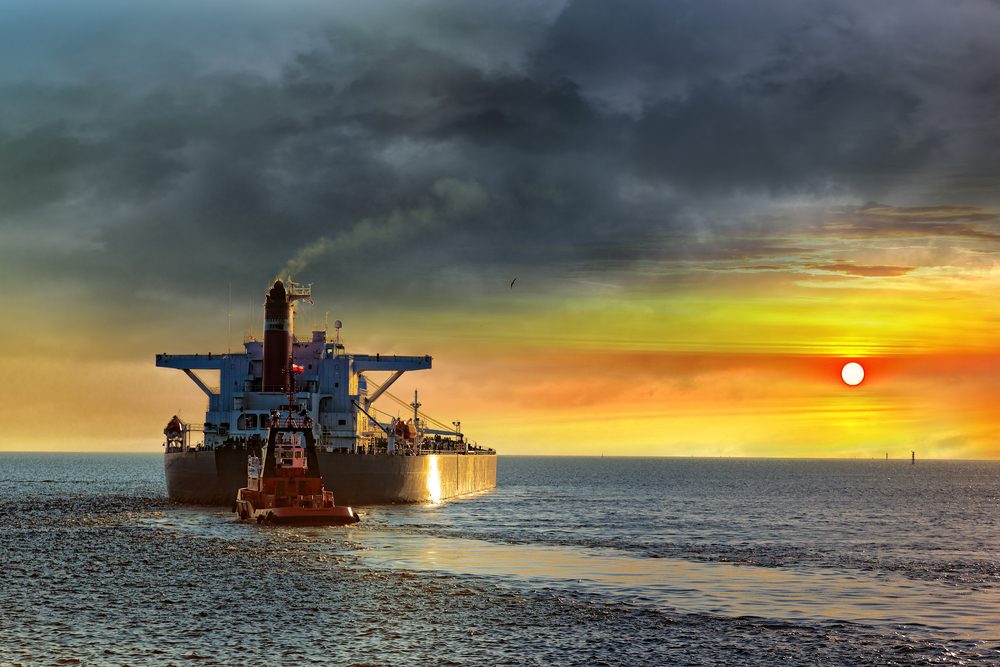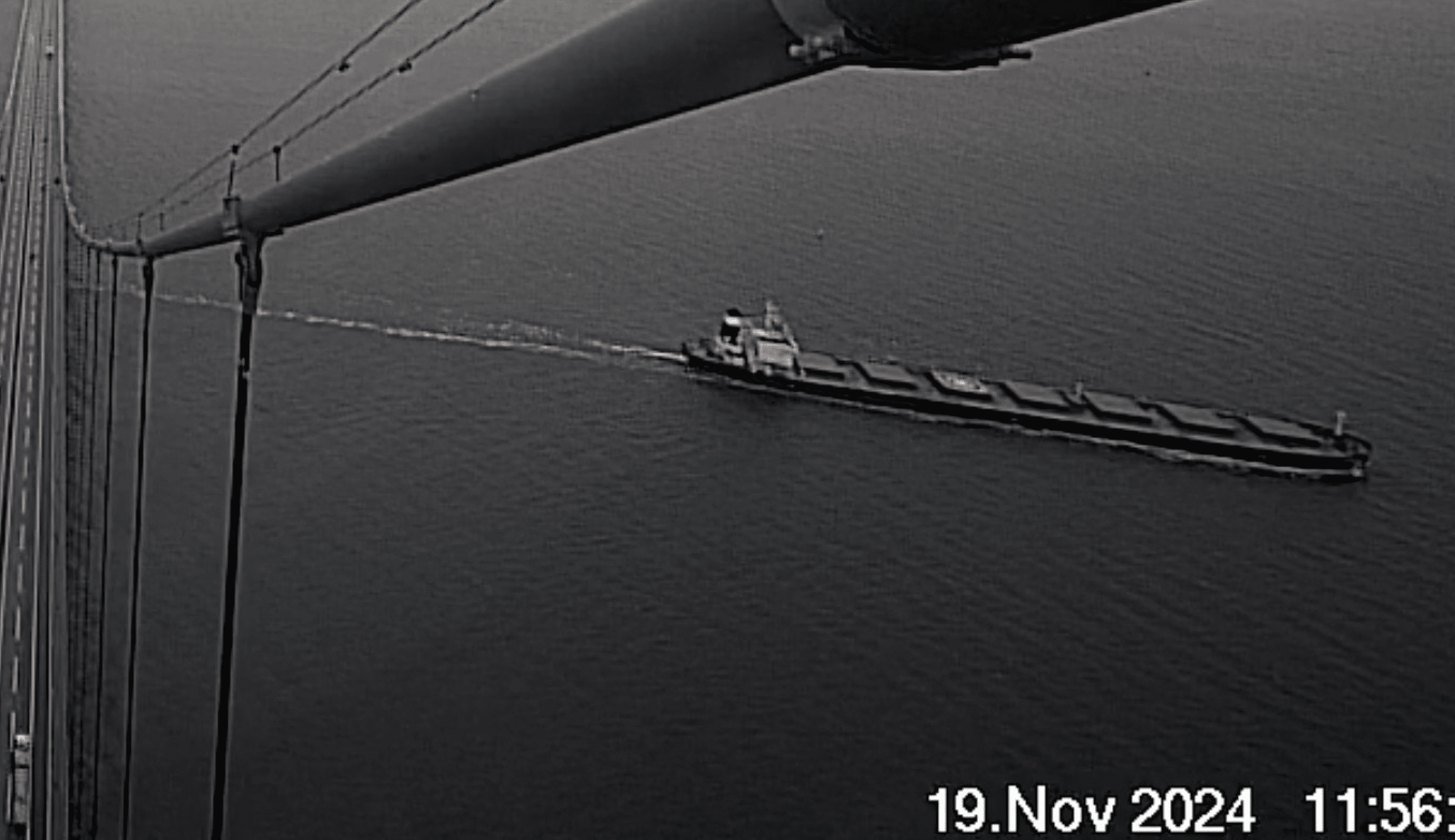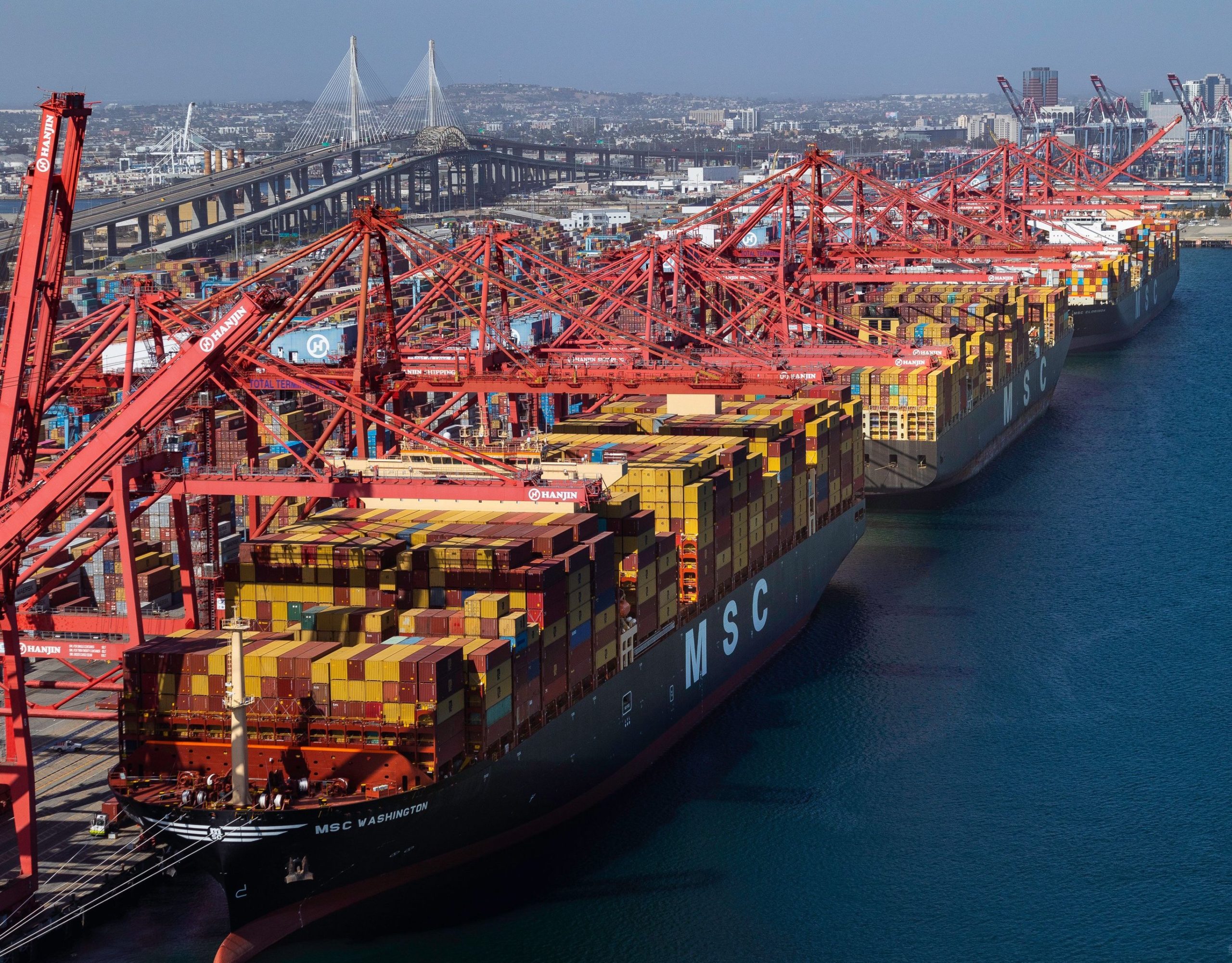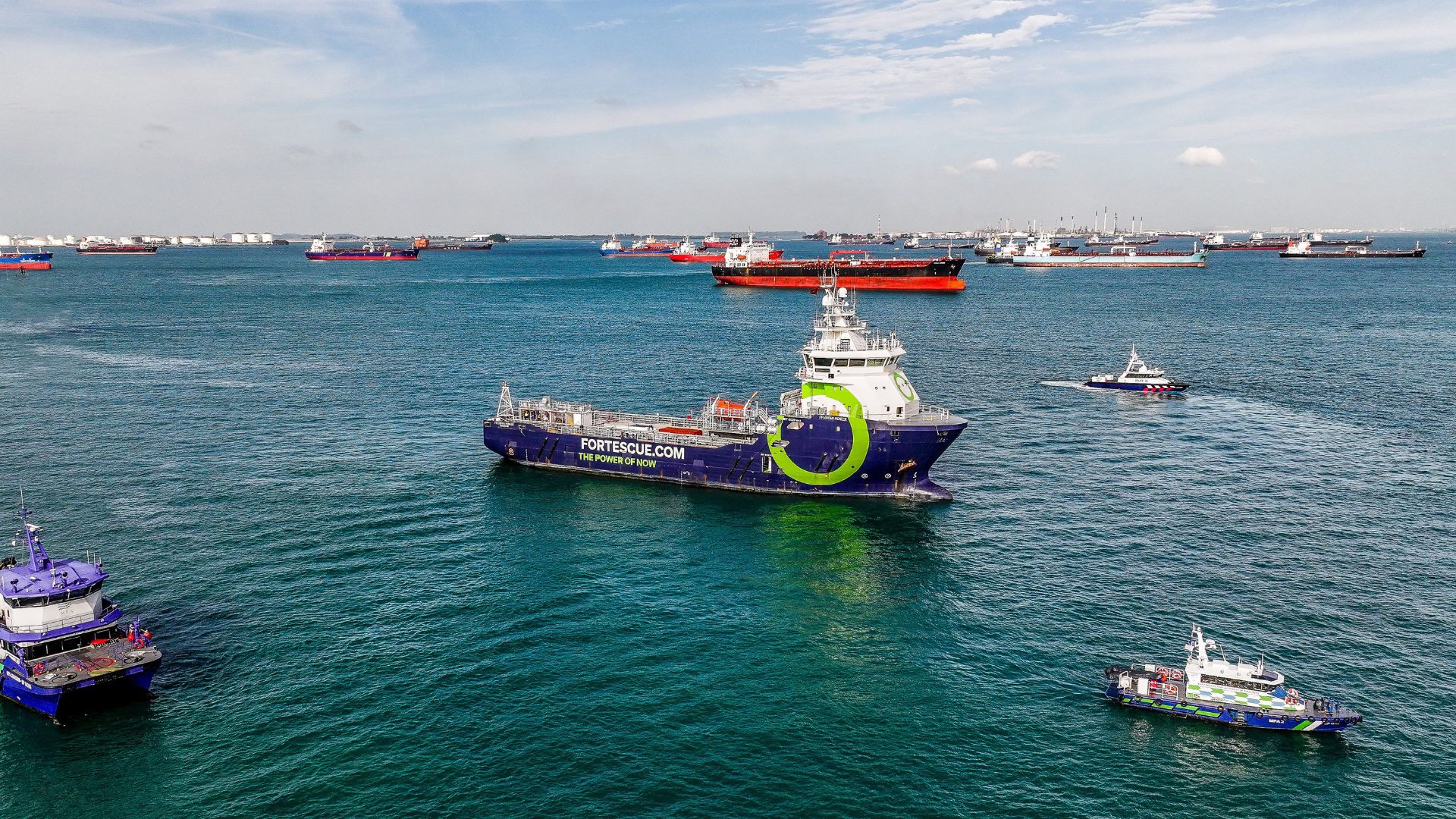The opening sessions of the SHIPPINGInsight conference (now in its 10th year), with a powerful keynote speech from ABS’s Chris Wiernicki, were full of quotable quotes and broad sweeping overviews, aspirations, challenges/ strategic opportunities and prescriptions. Rather than recount them in the opening paragraph, I am focusing on eye-openers and surprises. These included possible “wild cards,” including carbon capture (which would also give rise to opportunities for shipowners to transport carbon), and nuclear power- where there may be some “fresh ideas” for applicability to vessel propulsion.
But perhaps the biggest eye-opener, and a positive surprise from my point of view, is the great emphasis on the role of the human beings- the seafarers, here, in what I expected would be a tech-heavy speech. To my delight, there was very limited tech speak regarding vessel automation (and job cuts); indeed, the vision presented by Mr. Wiernicki was quite the opposite.
In his keynote, after rattling off a list of new technologies including digitalization (but also cautioning about unintended safety consequences), he proclaimed, “At the heart of all this is the seafarer, who is [the] unsung hero of the whole decarbonization story.” Continuing, he said, “Here, quite frankly, is the biggest opportunity of them all…for too long, we’ve trained our seafarers with 20th century mindsets, and expected them to operate 21st century assets…the new shipping industry that we are building now has a chance to change this.”
He went on to suggest that, at this unprecedented time of technological transformation, “We need to embrace new learning environment [for seafarers]. Technology has no common sense, or intuition…the key driver will be the development and dissemination of skills and operational ability…” In a panel which followed, Mr. Wiernicki expressed the thought that seafarer training might include a substantial shoreside component- as traditional shipboard skills, which will soon be including “optimization”, become interspersed with data science.
Of course, technology did enter the discussions; in the panel moderated by Mr. Wiernicki, a speaker from a trade association representing technology providers talked about hydrogen fuel cells, battery systems and wind assist propulsion (among other possible solutions) as a way of achieving “True Zero”- representing a quick solution of a “hybrid” nature. There may be no one solution, but rather combinations of different solutions. And, as reminder, from Mr. Wiernicki, “We need government support to help us accelerate [technology adaption].” Bud Darr, from MSC, on the same panel, emphasized the importance of energy efficiency (including through the use of telemetry and just-in-time/speed optimization arrival systems), where improvements could compensate for decreased energy density of the fuels. He also stressed the importance of fuel availability- with infrastructures for new fuels needing to be built out. MSC has recently entered into a partnership with oil major Shell to examine many alternative maritime fuels.
On the subject of future-proofing vessels- Mr. Gary Vogel, the CEO of listed company Eagle Bulk Shipping, with 53 vessels, talked about fleet renewal strategies; he said that, for the time being, Eagle won’t be ordering new ships (with deliveries two years out), in spite of the very strong drybulk freight markets. The company has also greatly increased its fuel efficiencies as it transitioned its fleet to younger second vessels. More importantly, and invoking the analogies of rapid obsolescence of cell phones (and whaling ships), he expressed a concern about operating a fossil fueled vessel in 2030 when new fuels may be available. He pointed to great uncertainty on technology (and availability of new fuels) as reasons for owners to hold off. Ships should be viewed as “decarbonization opportunities.” Pointing to a 1910 built whaler that is the poster child for a stranded asset (as oil was coming into its own as a marine fuel), he said, “Eagle Bulk won’t be building the next Viola.”
In a set of questions regarding the upcoming COP 26 Climate confab, Mr. Darr (who indicated that he will be in Glasgow- the site of the conference) said “I think we actually have a moment…where the users…and providers of fuel…have a great opportunity to cooperate.” He also emphasized the importance of collaboration between multiple partners- across industry and government.
Collaboration also came in a talk by David Cummins, from the Blue Sky Maritime Coalition- who added technology providers and financiers as essential ingredients in the collaboration sphere. In the Wiernicki-moderated panel, Jeff Lantz, from the US Coast Guard (and the leader of the U.S. delegation to the IMO), the maritime industry can show that we are working on it and we will get there.”
Additionally, and coming back to the human angle (yes, the seafarers are not going away!) he spoke about the importance of evaluating safety concerns surrounding the new fuels (including training of seafarers in their handling)- against the backdrop of globally applicable regulations.
Tags:
Editorial Standards · Corrections · About gCaptain

 Join The Club
Join The Club











